Insights from the Care Show Birmingham 2024
Tags:
Key Insights from the Care Show Birmingham 2024 – Improving Outcomes Through Collaboration, Technology, and Empathy
The Care Show Birmingham 2024 brought together industry leaders, experts, and innovators to discuss the future of health and social care. With a wide range of sessions, the event focused on improving care quality, leveraging technology, and addressing the evolving needs of the sector.
From regulatory reflections to the impact of AI and sustainability in care, these insights are shaping the future of care delivery.
Below is a summary of key sessions and takeaways from the event in chronological order.
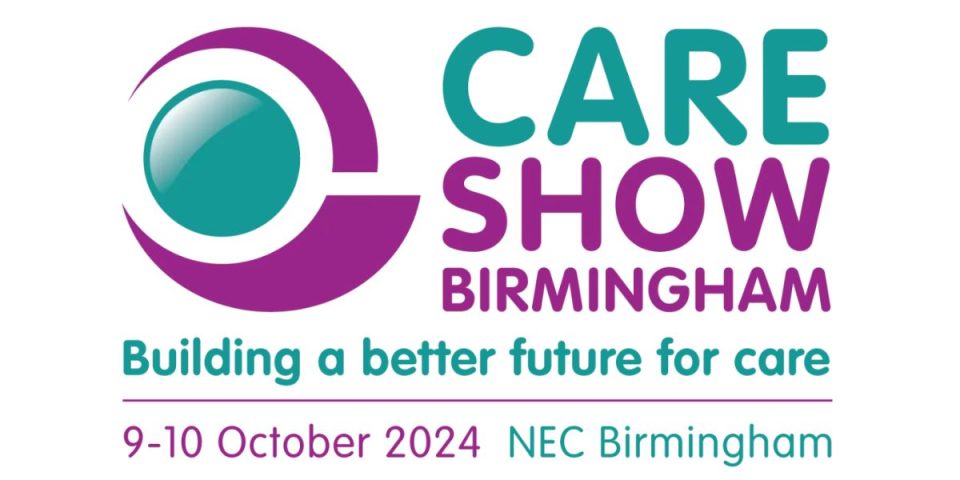
The Care Show 2024 Session Takeaways
Regulatory reflections: Continuous Improvement in Care Quality
Speakers:
👤Mark Topps, Co-Founder and Director – The Caring View
👤Adam Purnell, Co-Founder and Director – The Caring View
👤Caroline Barker, Legal Director, HCR Law – Healthcare Regulatory
👤Julie Garrity, Independent Health and Social Care Advisor
This discussion explored the evolving landscape of social care regulation, focusing on continuous improvements in care quality and the ongoing review of the Care Quality Commission (CQC), commissioned by Labour and Wes Streeting. A key topic was the introduction of the Single Assessment Framework (SAF), viewed positively but requiring more clarity on implementation. Although the SAF brings changes, providers must remain aligned with existing regulations, as “if you stick with the regulations, the ratings will follow.” Continuous feedback, tied to action plans, was also highlighted as essential for driving improvement.
The session emphasised that while regulatory compliance is crucial, fostering a culture of ongoing development within care organisations is equally important. There was also a suggestion that the CQC could focus solely on service compliance, leaving ratings to other forums, which might ease pressure on care teams. Ultimately, transparency, accountability, and training, in alignment with the new CQC framework, were identified as key drivers of continuous improvement in care quality.
Building Better Outcomes in Care: How Collaboration Between Care Providers and Digital Care Systems Drives Quality Care
Speakers:
👤Matthew Stewart, Chief Product Officer – Nourish Care
👤Gary Laville, Group Quality and Governance Director – Salutem care
👤Laura Brooks, Care Quality Director – Order of St John Care Trust (OSJCT)
👤Mike Cleasby, Chief Quality and Risk Officer – National Care Group
Co-production is the future of care at every level, and this approach should extend to digital care systems as well. When the perspectives of all stakeholders are incorporated, better care outcomes are achieved. Nourish Care’s Chief Product Officer, Matthew Stewart, emphasised the benefits of collaboration between care providers and care software suppliers.
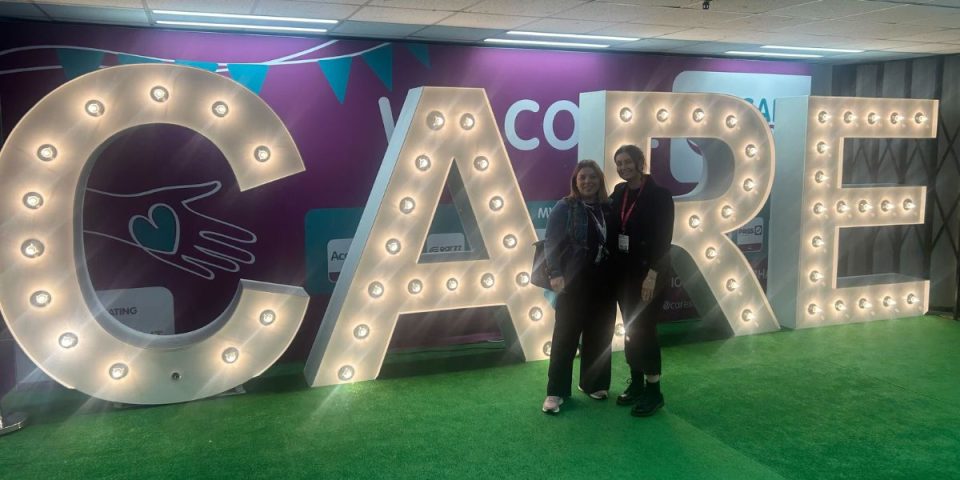
The panel agreed that implementing digital technology has the potential to save lives, but it requires a cultural shift. The discussion concluded that one of the most significant improvements has been the standardisation and enhancement of care notes, along with the power of real-time data and having a single source of truth. This has improved the ability to evidence care quality and freed up time for care teams.
Looking ahead, the panel highlighted opportunities with AI, such as streamlining policy access, and the consolidation of dashboards to improve accessibility to support plans, making care more efficient and accessible in the future.
Compliance is Not a Compromise
Speakers:
👤Lindsay Rees, Head of Product Content – Quality Compliance Systems
👤Brendan O’Neill, Technology Development Manager – Minster Care
👤Carl Jones, Sales Director – Carebeans
The panelists emphasised that compliance should not be seen as a burden or compromise but rather as an integral part of delivering high-quality care. They highlighted that compliance often slips down the priority list for care providers, yet it runs through every aspect of the care delivered. Ensuring compliance is vital, not only for maintaining standards but also for achieving positive ratings, which are crucial to a well-functioning care business.
The importance of having robust care management systems and processes was underscored – as such systems help support compliance in key areas like care planning, rostering, and ensuring that policies are up-to-date and effectively implemented.
The panel also discussed how digital systems play a critical role in enhancing accountability and providing oversight across various care functions. By offering real-time insights and a “single source of truth,” these systems enable providers to stay aligned with regulatory standards and improve CQC outcomes. Moreover, digital tools streamline processes, making it easier to evidence care quality and ensure that compliance is continuously maintained.
To fully realise these benefits, however, panelists stressed that the right infrastructure and ongoing training for care teams are essential, as they enable the successful implementation and operation of digital systems.
CQC, Care Technology, and Compliance: Finding the Right Care Tech for Your Service
Speakers:
👤Louie Werth, Director – Care Research
👤Geraint Thomas, Technology Transformation Partner – Guided Innovation Ltd
👤Liam Palmer, Service Manager & Director – Care Tech Guide
👤Blythe Senior, Director of Professional Services – Guided Innovation
This session offered valuable insights into how technology is transforming the way care services meet regulatory standards, particularly under the CQC’s new framework, which places significant emphasis on reviewing evidence digitally.
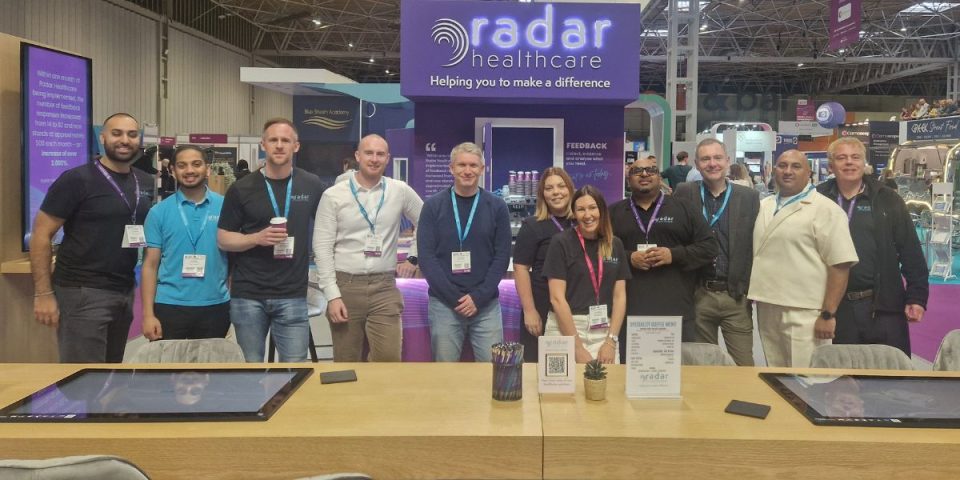
The speakers stressed that adopting technology is no longer optional for care providers—it is essential for achieving better oversight, quality assurance, and effective sharing of information across organisations. Good technology enables providers to track performance over a long period, offering critical oversight that enhances many of the CQC’s quality statements.
One key takeaway was the need to share evidence with the right stakeholders, ensuring that care quality is transparent and accountable. The session also introduced a “regulation tech shopping list” by Guided Innovation, which mapped out all the CQC’s quality statements and highlighted the specific technology solutions that can support each area. This list also helped providers differentiate between the ‘could’, ‘should’, and ‘must-haves’ when choosing technology.
However, the speakers also cautioned against selecting overly complex systems, as poor functionality and usability can hinder adoption and become barriers to effective implementation. They advised care providers to “fail fast” by quickly identifying and moving on from solutions that don’t fit, to avoid damaging the organisation’s culture with the wrong technology.
Empathy in Action: Stories That Shape Better Care
Speakers:
👤Michelle Gorringe, Chief Ethics Officer & Co-founder – Newcross Healthcare
👤Claire Reader, Vice President, Community Care – Newcross Healthcare
Empathy emerged as a central theme in this session, highlighting the importance of truly understanding the lived experiences of individuals in care. The speakers emphasised that walking in someone else’s shoes allows care professionals to better understand a person’s perspective and offer genuine empathy. Empathy, combined with strong communication skills, is viewed as one of the greatest talents clinicians and care staff can possess, especially when dealing with conditions like dementia.
As one speaker noted, dementia patients often say, “you have to join us in our world because we can’t join yours,” underscoring the need for communication skills that enable staff to meet patients where they are.
The session also focused on the importance of making meaningful connections, not only with those in care but also with their families, who often face immense pressure. Families are an integral part of the care process, and showing empathy towards them is equally important.
To deliver person-centered care successfully, staff must learn who the individual was before their illness, seeing beyond the condition to understand their unique story. This relationship-building takes time, and high staff turnover can hinder the development of empathy. The speakers discussed whether empathy can be taught and concluded that while it takes time to grow, prioritising communication and building trust is key to nurturing it in care environments.
Data-Informed Decision Making: How Care Professionals Can Leverage AI to Navigate Compliance and Enhance Care Quality
Speakers:
👤Sangha Chakravarty, Founder & CEO – InvictIQ
👤Mark Topps, Co-Founder and Director – The Caring View
👤Neil Draper, Head of Operations – Aston Transitional Care
👤Kim Horton, Director & Registered Manager – Believe Care And Support
This session examined the growing role of artificial intelligence (AI) in improving care quality and compliance. While AI can help care providers by analysing data, identifying trends, and reducing administrative burdens, adoption remains limited due to knowledge gaps, cost concerns, and security issues.
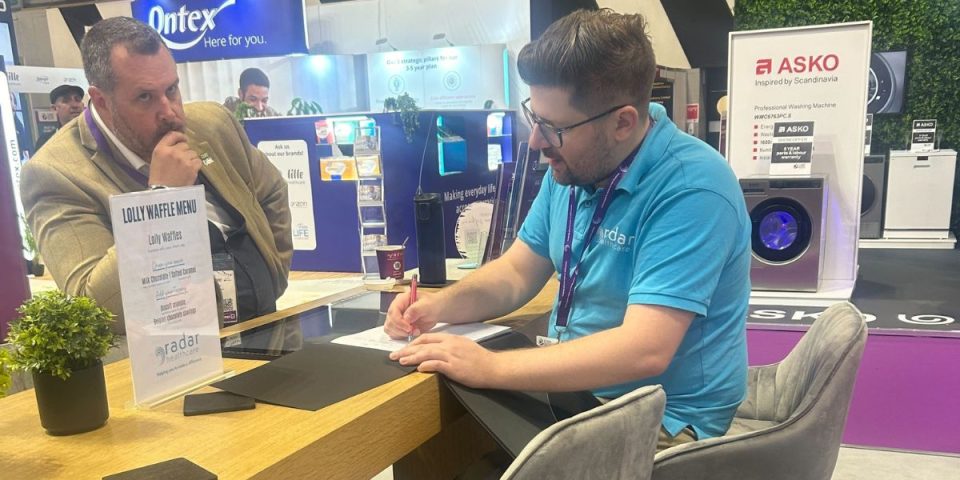
AI was presented as a tool that can enhance person-centered care by freeing up care teams to focus on what matters most – caring for individuals. However, a lack of clear guidance and tangible information from regulators like the CQC has created a barrier to wider implementation.
The speakers emphasised that transparency fosters trust, which leads to better care quality, and AI plays a crucial role in creating that transparency by highlighting trends and generating insights that might otherwise be missed. AI is already helping organisations collect and analyse data they are already required to gather, taking it a step further to provide more detailed analysis and proactive insights. AI can also improve staff retention by reducing administrative burdens, boosting morale, and enabling care teams to provide higher-quality care.
However, the human element in care will never disappear – AI is seen as a support tool that works alongside people to deliver better care. A major gap noted was the absence of AI protocols and policies in many organisations, which can lead to friction if stakeholders aren’t clear on AI’s purpose and benefits.
The Caring View offers more insight into how to effectively use AI here.
The Future of Social Care: What Will a New Government Bring to the Sector?
Speakers:
👤Karolina Gerlich, CEO – The Care Workers’ Charity
👤George Appleton, Head of External Affairs – Social Care Institute for Excellence
👤Vic Rayner, Chief Executive Officer – NCF
👤Nadra Ahmed, Executive Chairman – National Care Association
The panel highlighted that a new government represents the beginning of a new political chapter in social care, the first in 14 years, bringing both challenges and opportunities.
While there is optimism for a sustainable future in social care, the speakers acknowledged that the sector is currently extremely underfunded, making it difficult to predict what changes may occur. A key focus will be on future discussions regarding fair pay agreements between employees and employers, emphasising the need for funding to prevent organisations from collapsing. Additionally, they pointed to a recently released Skills for Care report, highlighting ongoing health inequalities across the country and the critical distinction between health and care inequalities.
Evidencing Sustainability in Home Care to Meet the CQC Framework
Speakers:
👤Mark Topps, Co-Founder and Director – The Caring View
👤Adam Purnell, Co-Founder and Director – The Caring View
👤Hannah Montgomery, Founder – Sustainability Lead – Grace Cares
This session focused on how home care providers can evidence sustainability to align with the CQC framework. While the CQC does not yet regulate sustainability, a new quality statement supports its importance in social care.
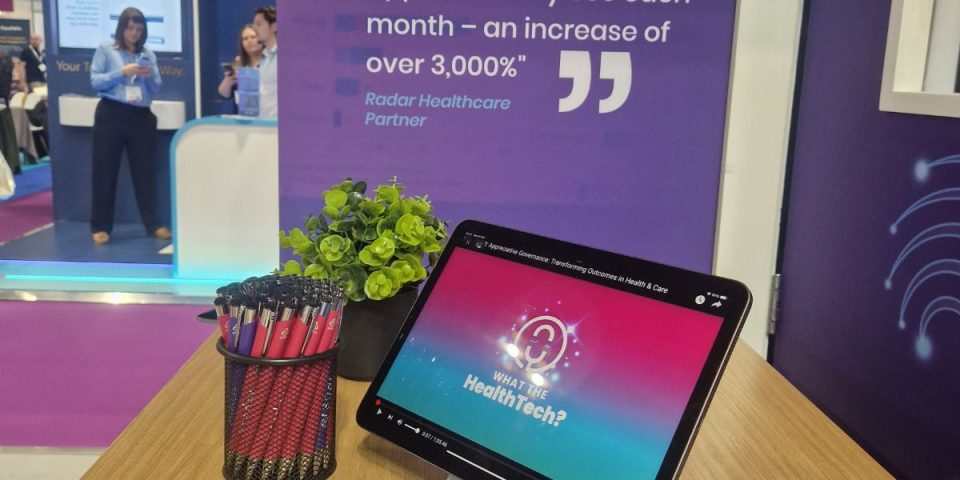
The speakers emphasised that sustainability must be embedded in policies and procedures, with staff awareness and training being critical. Key challenges include a lack of information from regulators, funding issues, staffing constraints, and general training gaps.
Practical tips for fostering sustainability included being digitally conscious (e.g., deleting unnecessary emails), recycling, car sharing, grouping visits, and educating both staff and patients on the impact of environmental efforts.
Local authorities and resources like the NHS Green website and Grace Cares’ “Caring for Tomorrow” series were suggested as helpful tools. Additionally, organisations should consider rewarding environmentally conscious behaviour and embedding sustainability into recruitment and operational policies. The session highlighted the urgency of caring for both people and the planet, with the goal of reaching net zero by 2050. Mark Topps and Hannah Montgomery’s book, Did You Deliver Sustainable Care Today?, was also introduced as the only current guide for sustainability in social care.
Winning Ways: Quality First
Speaker:
👤Sue Sheath, Director of Regulation and Quality Improvement – Barchester Healthcare
This session, led by Sue Sheath, Director of Regulation and Quality Improvement at Barchester Healthcare, highlighted the importance of prioritising quality in care delivery. Sue introduced the Barchester Care and Life Enrichment Framework, which supports individuals in living their best lives. With an estimated 100 million care interactions each year, Sue emphasised the vast amount of data that can be used to drive improvements.
A central message was that quality must be consistently embedded in every aspect of care, as getting the quality right leads to continuous improvement across the board. Sue also underscored the importance of sharing positive outcomes and working as one cohesive team, with everyone invested in maintaining high standards of care.
The Impact of Data and Reporting Across Your Care Organisation – How Can You Simplify the Use of Technology and Enable Teams to Have Easy and Trackable Oversight to Improve Better Outcomes for the People You Support?
Speakers:
👤Emma Miles, Care Consultant at Cura Healthcare Solutions Ltd
👤Ravi Sehdeva, Business Development Manager at Radar Healthcare
This session, led by Emma Miles of Cura Healthcare Solutions Ltd and Ravi Sehdeva of Radar Healthcare, explored how technology can enhance care outcomes. Drawing on Emma’s nursing background and experience in leading care organisations, like MACC Care and Avery Healthcare, the discussion focused on simplifying data management and reporting using tech solutions like Radar Healthcare.
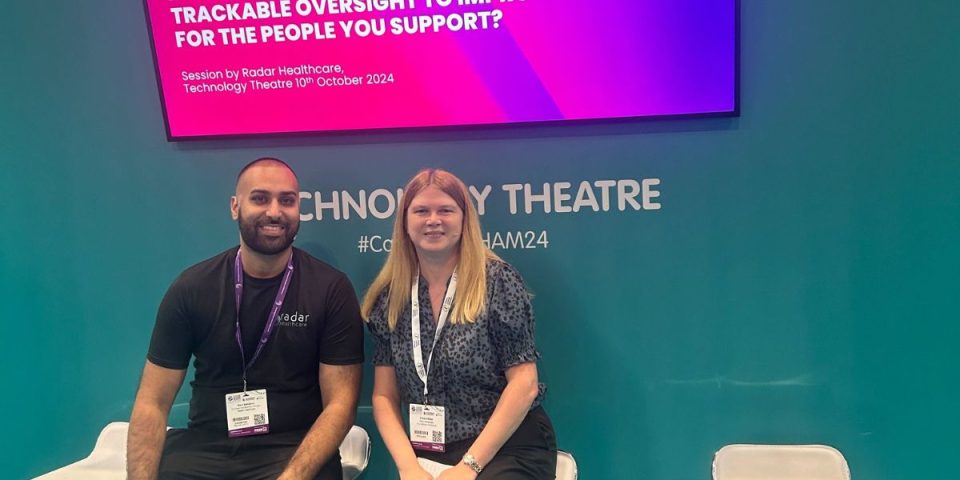
Key topics included the use of bespoke dashboards to provide care home managers with real-time, actionable insights, such as tracking pressure ulcers and CQC compliance. Emma and Ravi demonstrated how simple, effective tech solutions can drive care quality improvements without requiring advanced technical skills. The session also covered practical steps for implementing technology, from choosing the right dashboards to involving frontline staff, and highlighted real-world success stories showing how tech fosters accountability and continuous improvement in care settings.
And that’s a Wrap!
The Care Show 2024 provided an opportunity to explore the future of health and social care, emphasising the importance of regulatory compliance, empathy, and digital innovation. The sessions highlighted how technology, especially AI and care management systems, can enhance transparency, efficiency, and care quality. Collaboration across the sector, from providers to digital innovators, will be crucial for driving sustainable improvements in care.
As the sector faces evolving challenges, these insights offer valuable guidance for care providers looking to enhance outcomes, improve compliance, and embrace technology to meet the changing demands of regulatory frameworks and the care of the people that they support.
Thank you to everyone who came to see us at our stand and attended our speaker session. For more information on Radar Healthcare, please get in touch.






